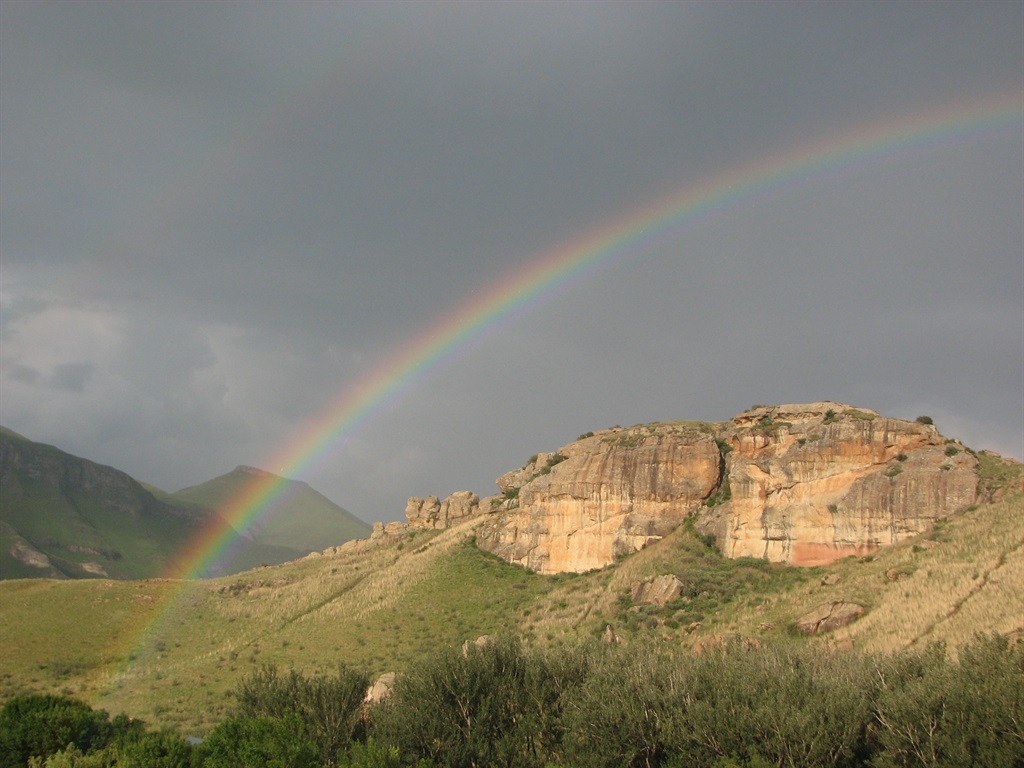
It has been great to see so much public debate on the land question over the last weeks in South Africa. My intention here is not to engage the whole debate, but to highlight two important issues that have received little or no attention in the recent articles.
First, we have an exciting opportunity to create a constitutional right for landless people to take direct action in the form of occupying and using land. This is needed as we have no reason to believe that the state will use any new powers to transform land holding in a way that will create more equitable outcomes.
The state’s failure to implement meaningful land reforms is well demonstrated by the continued grossly unequal land rights in South Africa that others have written about. There are so many examples of this failure, such as the more than 10 000 claims lodged in terms of the Land Reform Labour Tenants Act of 1996 that have not been settled – the rural development and land reform department doesn’t even have accurate figures on how many such claims have been lodged and how many settled.
Incidentally, the return of land to labour tenants would be a fitting reason to expropriate without compensation. These are people who have demonstrated their interest in land through living on it and lodging claims. They or their forebears were forced to work for no pay, a form of slave labour, to help build up the white-owned farms. And, as many labour tenants still occupy and use the land in question, taking it will not negatively affect current land use.
Yet, the implementation of the Labour Tenants Act is so bad that the Land Claims Court has granted an order in favour of a group of Labour Tenants and the Association for Rural Advancement compelling the rural development and land reform department to implement its own law and putting in place a monitoring mechanism to try and ensure they do this. Rather than taking this as a call to action, the minister for rural development and land reform is appealing the decision to the Supreme Court even as ANC MPs vote in favour of expropriation without compensation.
Given such failing, what is needed is the legal space for direct action and the Brazilian constitution gives us an example of how this can be done.
In Chapter 3 it creates the concept of a ”social function” for rural land that requires land to be adequately used in a way that preserves the environment, respects labour laws, and benefits the owner and labourers. The government has the power to expropriate land not performing its “social function” and more interestingly gives ownership of up to 50 hectares of land to a landless person who occupies and uses such land, for a period of five years. This has been important to the mobilisation and land occupation strategies of the MST (Landless Rural Workers Movement) through which hundreds of thousands of families have occupied close to five million hectares of previously unused rural land. Provisions, such as limiting the size of land and giving such rights only to those who do not already own land, reduce the risk of elite capture. And to the alarmists; please note that this has not led to anarchy or stopped Brazil being a global agricultural power house.
A dialogue on what the social function of land in South Africa should be, if well facilitated, could be a powerful process akin to the “conversations on the meanings of land in South Africa” that Nomboniso Gasa wrote passionately about in the City Press of March 18.
It would be a means to openly address and then incorporate into the constitution our national values related to land (public and private), from production to identity and justice issues, and also be clear on what must not happen on land, such as abuse of workers.
Second, we need to ensure that the state cannot use any new powers to attack the land rights of people in poverty and black South Africans even more, as we have every reason to believe that this is precisely how they will use such powers. It is not rich white South Africans who have to be worried; around the world it is poor, indigenous and black people who are having land taken away, often without compensation. This is happening in the context of massive and sustained corporate demand for land and natural resources.
The Land Matrix Project tracks large land deals (often land grabs) and currently lists more than 71 million hectares of land (for comparison Zimbabwe is 39 million hectares) as subject to such deals over the last 10 years. In all these cases the state is involved in facilitating the grabbing of land by corporate interests.
South Africa is not exempt from these global trends as we see in examples like the protracted struggle of the Amadiba community in Xolobeni to protect their land and environment from an Australian Mining company and the company’s government allies.
We have to take a long-term view when amending the constitution. We cannot predict all changes in society and certainly not what kind of government will be in power in the years to come. A crude racialisation of constitutional rights would be a dangerous path and also not address the risks of elite abuse from corporate, traditional and government leaders regardless of race. Perhaps the creation of a constitutionally recognised social (maybe social and ecological) function of land could assist again through being clear for what purpose land can and cannot be taken.
• Marc Wegerif is a post-doc research fellow in the Human Economy Programme at the University of Pretoria.




 Publications
Publications
 Partners
Partners








